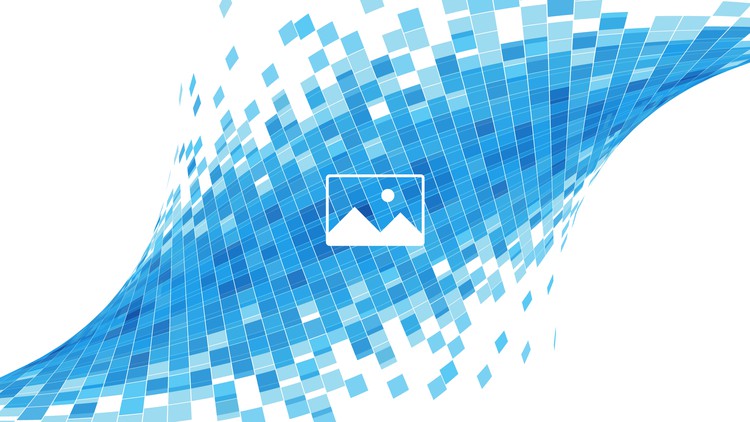
Introduction to Images with Python
What you will learn
Image processing with Python
Loading images and getting data
How to resize, crop, copy&paste images with code
How to do Image effects using Python
How to edit images using Python
Description
This course teaches you how you Image Processing with Python. The content makes this easy: you don’t have to be an expert in Python, Matrix algebra etc: instead you can easily load images, transform images, apply image effects and more just by writing Python code.
If you want to start with Image Processing in Python, this is an easy course to get started
Note➛ Make sure your 𝐔𝐝𝐞𝐦𝐲 cart has only this course you're going to enroll it now, Remove all other courses from the 𝐔𝐝𝐞𝐦𝐲 cart before Enrolling!
English
language
Content
Add-On Information:
Embark on a captivating journey into the visual world with ‘Image Processing with Python PIL’. This course offers a comprehensive introduction to manipulating digital images using the versatile Python programming language and the powerful Pillow library (a modern fork of PIL).
- Gain a profound understanding of digital image fundamentals, dissecting images into their core components like pixels, color channels (RGB, RGBA, L), and various modes, laying a robust foundation.
- Master the art of programmatic image transformation, creatively re-sculpting image geometry through precise rotations, sophisticated reflections, and complex perspective alterations.
- Develop expertise in advanced pixel-level manipulation, enabling fine-tuning of image characteristics like brightness, contrast, saturation, or applying grayscale and color inversions.
- Explore a diverse palette of artistic and corrective filters, learning to apply effects like sharpening, blurring, embossing, or edge detection to enhance visuals or rectify imperfections.
- Unleash the power of image composition and blending by seamlessly overlaying multiple images, combining graphical elements, and utilizing various transparency and blending modes.
- Acquire skills in automating repetitive image workflows, scripting custom solutions for batch resizing, format conversion, or applying consistent edits across numerous images efficiently.
- Understand the nuances of different image file formats (e.g., JPEG, PNG, GIF), their advantages, limitations, and optimal use cases for web, print, or storage, and how to convert between them.
- Leverage Python for generating basic visual content from scratch, constructing simple shapes, lines, and text directly onto an image canvas for dynamic graphic creation or data visualization overlays.
- Build a practical understanding of image metadata handling, exploring how to read, write, and modify essential information embedded within image files for robust organization.
- Develop robust strategies for preparing images for diverse output mediums, optimizing them for web performance, print quality, or specific machine learning dataset requirements.
Pros of this Course:
- Hands-on Practical Skills: Immediately applicable knowledge for real-world image manipulation tasks.
- Python Ecosystem Leverage: Integrates seamlessly with other Python libraries, broadening its utility for web development, data science, and automation.
- Accessible Entry Point: Provides a clear, beginner-friendly path into the world of image processing without requiring deep mathematical backgrounds.
- Cost-Effective Tooling: Utilizes free, open-source software (Python, Pillow), making powerful image editing accessible to everyone.
- Foundation for Advanced Topics: Serves as an excellent stepping stone for further exploration into computer vision, machine learning, or advanced graphics programming.
Cons of this Course:
- Limited Advanced Computer Vision: While excellent for manipulation, it’s not designed for complex computer vision tasks like object recognition, facial detection, or deep learning applications, which typically require libraries such as OpenCV or specialized ML frameworks.
Introduction
Introduction
Load an Image
Troubleshooting
Example code
Get Image Data
Save image
Image Manipulation
Basic Image Operations
Image Transformations
Add Text to Image
Crop and paste
Image Effects
Drawing
Create Image and Draw
Drawing Pixels on Image